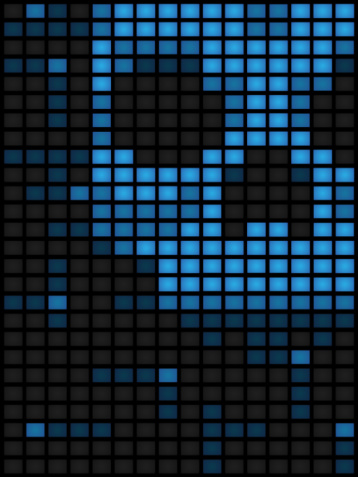 Creating a username or giving a website your e-mail seems like common practice at this point in the internet age. Online games, company newsletters, downloads, shopping offers, and message boards – nearly everything now requires us to log in and provide a password, e-mail, or even other sensitive information.
Creating a username or giving a website your e-mail seems like common practice at this point in the internet age. Online games, company newsletters, downloads, shopping offers, and message boards – nearly everything now requires us to log in and provide a password, e-mail, or even other sensitive information.
Given the amount of time we spend online and the number of web pages we give our info to, this may seem harmless. In reality, the dozens – or more – accounts registered with your information can actually be quite dangerous. Providing websites with data means that it is now out there in cyberspace and it may not be secure. More troubling is the number of accounts we make that we use only once and simply forget about.
Are You Protected?
Do you use the same information for every online account you make? While it may seem like a good idea so that you remember the passwords designated for each website, it also means that if a hacker acquires information from one site they now have accesses to all of your accounts.
The best defense, then, is to use rotating passwords or information and to seek out and close any old or unused accounts you have signed up for. It may seem daunting, but a simple browser search can help you seek out your old accounts and shut them down.
Clearing Your Accounts
Any time you create a new account online or log into an old one your browser will store the username and password you use; making it easier to log in again later. Luckily this means it is relatively easy to identify accounts you have created in the past. The steps to finding old, unused accounts are quite easy but depend on the browser you’re using.
Firefox:
- The icon to the right of your browser, Firefox menu, will bring you to your login information. It is an icon with three horizontal lines.
- Under the security tab you will click on the ‘Saved Passwords’ button.
- Next click ‘Show Passwords’ and then select ‘Yes’. Your passwords should all be made available to you here.
Google Chrome:
- Like Firefox, the icon you are looking for is located in the top right corner and has 3 horizontal lines. Select ‘Settings’.
- Once again select ‘Settings’ at the left side of your screen and then ‘Show advanced settings’.
- Scroll down until you see ‘Passwords and Forms’ and then select ‘Manage saved passwords’.
- If you forget a password for an account that you’d like to log into you can simply click on ‘Show’ next to the asterisked passwords. To do this you will be promoted to enter your Windows account password for added security.
Safari:
- Open Safari and click the ‘Preferences’ icon, then select ‘Auto-fill’
- Click the ‘Edit’ button and saved passwords will be made available
Staying Safe
Now that you’ve got an inventory of all your accounts, usernames, and passwords, it’s time to do some cleaning. Assess which webpages you no longer visit or need access to and close down those accounts. The less presence you have on the web, the less likely you are to have your active accounts hacked.
For the accounts that you do decide to keep active, it is best to ensure that your passwords are all unique but memorable to you. Using different login information is the best way to protect yourself when using multiple accounts. It’s also best to ensure that every account is strictly YOUR OWN and is therefore not shared with any friends or relatives.
Do you want to know more about keeping yourself and your company’s online accounts safe from hackers? Worried that you’ve stretched yourself too far over the web with multiple accounts and similar passwords? {company} is dedicated to ensuring your online protection. To learn more, send us an e-mail at {e-mail} or speak to us directly by phone at {phone}.

 Creating a username or giving a website your e-mail seems like common practice at this point in the internet age. Online games, company newsletters, downloads, shopping offers, and message boards – nearly everything now requires us to log in and provide a password, e-mail, or even other sensitive information.
Creating a username or giving a website your e-mail seems like common practice at this point in the internet age. Online games, company newsletters, downloads, shopping offers, and message boards – nearly everything now requires us to log in and provide a password, e-mail, or even other sensitive information.







.png?width=288&height=123&name=Valeo-Logo-White%20(1).png)